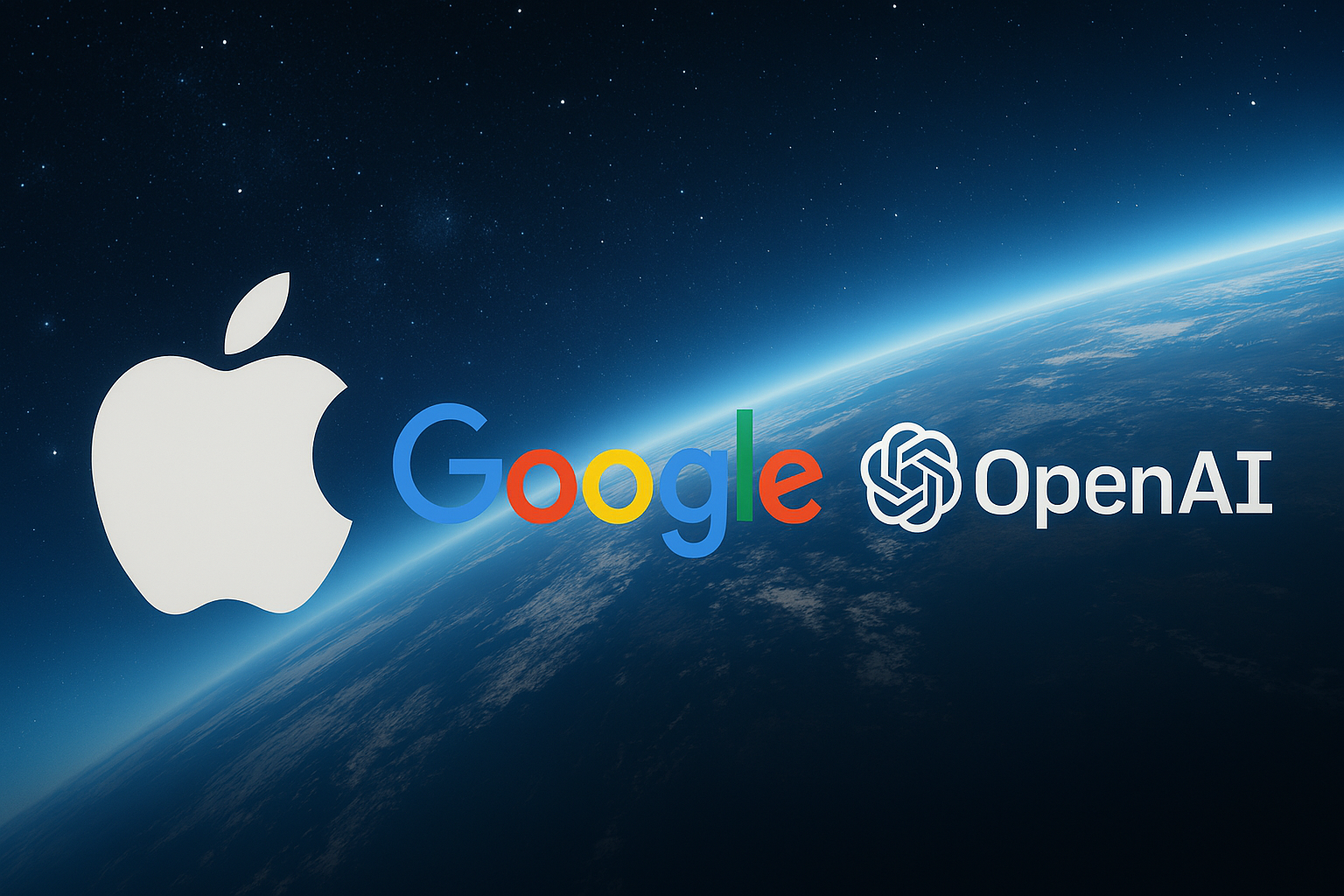Tag: Future of AI
-
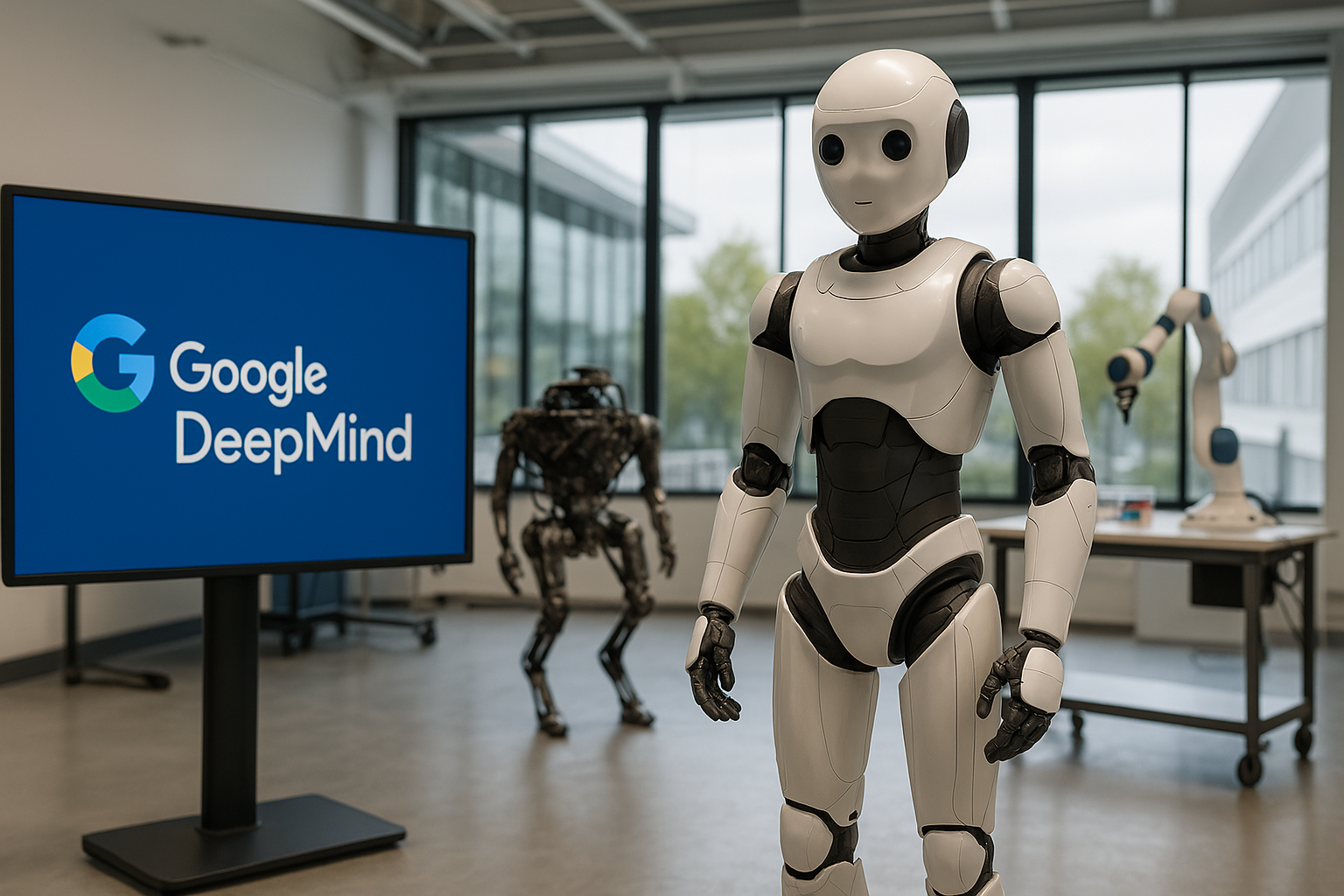
Google DeepMind: History, Breakthroughs, and Impact in AI and Robotics
Google DeepMind has emerged as one of the most influential organizations in artificial intelligence (AI) and robotics. From its early days as a startup in London to its current status as the consolidated AI research arm of Google, DeepMind’s journey is marked by groundbreaking achievements in game-playing AI, scientific discoveries like protein folding, advancements in…
-

Sam Altman: A Visionary Pioneer of the AI and Robotics Revolution
Sam Altman has emerged as one of the most visionary figures in artificial intelligence and robotics, steering technological advancements that are transforming how humans live and work. As the CEO of OpenAI and former president of the famed startup accelerator Y Combinator, Altman’s journey from a curious Midwestern youth to a global tech leader is…
-

Elon Musk’s Journey: How Each Venture Advances AI and Robotics
Elon Musk is widely known as a visionary entrepreneur behind transformative companies like PayPal, Tesla, and SpaceX. Yet a unifying thread underlies Musk’s diverse ventures: a relentless drive to push the frontiers of artificial intelligence (AI) and robotics. Over the past three decades, Musk has repeatedly founded or funded companies that, directly or indirectly, advance…
-
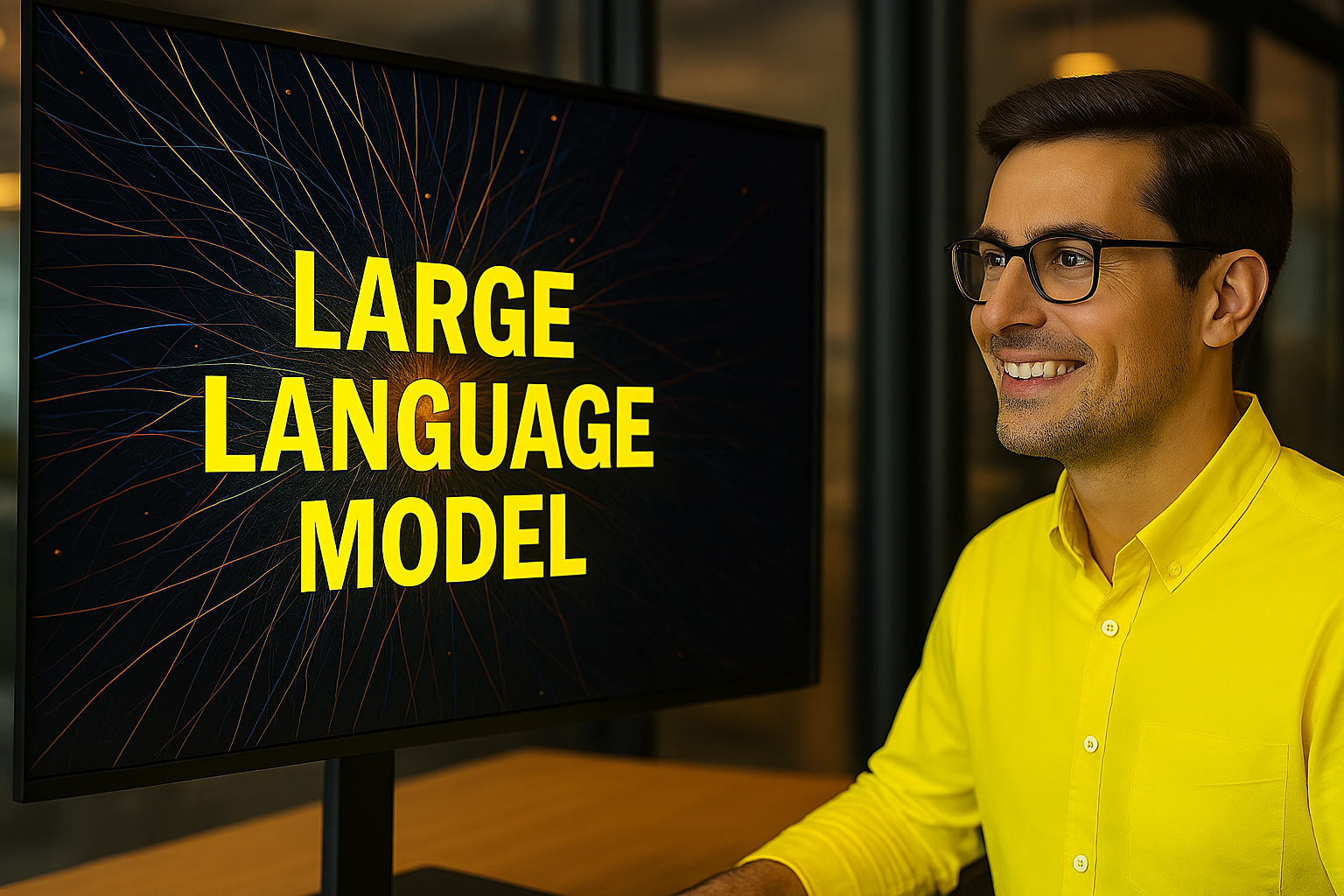
Large Language Model (LLM)
Large Language Models (LLMs) are advanced artificial intelligence systems designed to understand and generate human-like language. They belong to a class of foundation models – AI models trained on immense amounts of text data that give them broad capabilities across many tasks. Instead of being narrowly programmed for one purpose, an LLM learns from billions…
-
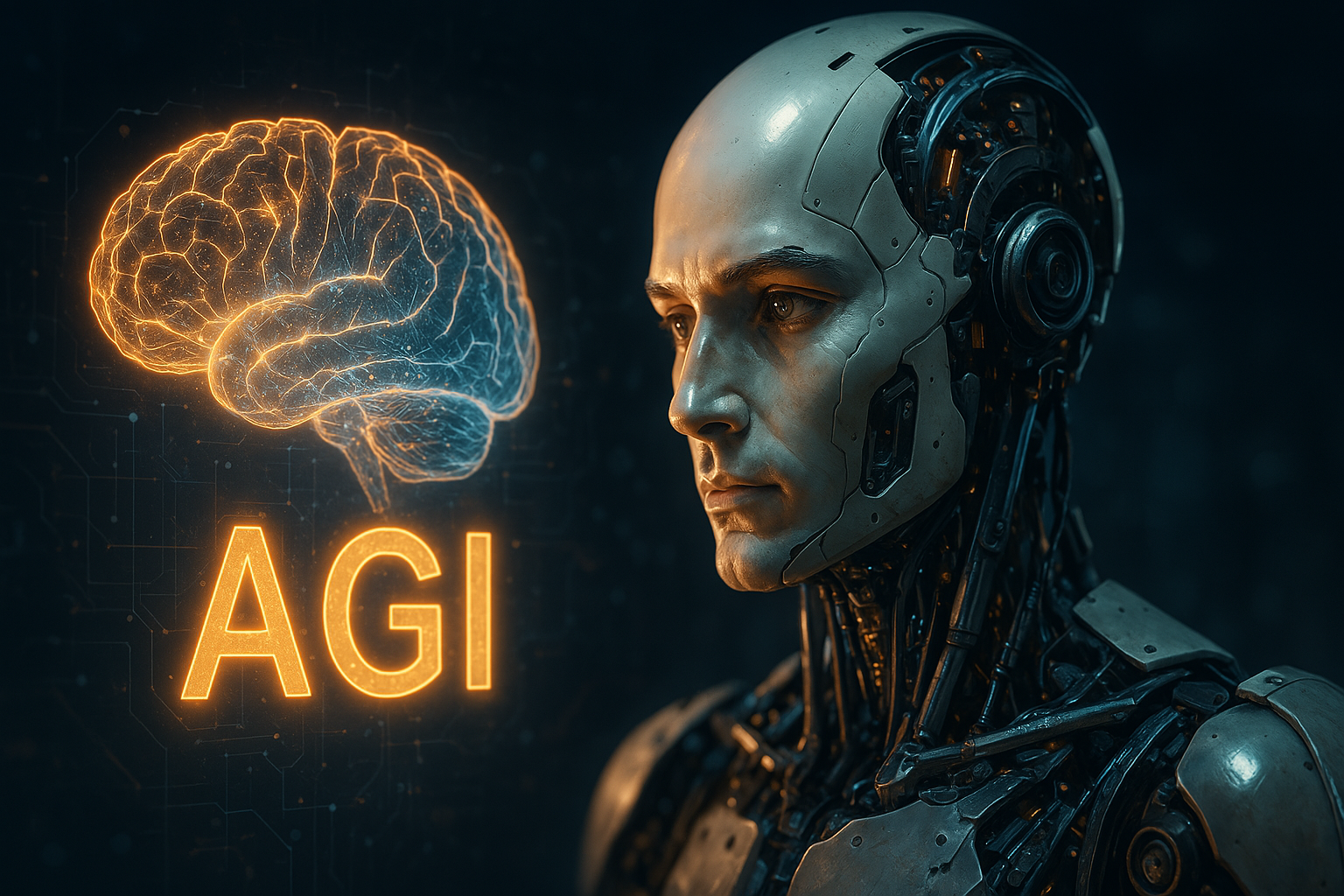
Artificial General Intelligence (AGI)
Artificial General Intelligence (AGI) is a concept in artificial intelligence (AI) referring to a hypothetical AI system that possesses broad, human-level cognitive abilities across diverse tasks and domains. In contrast to today’s “narrow AI” systems, which are designed to excel at specific tasks (like language translation or chess) but cannot generalize beyond their specialization, an…
-
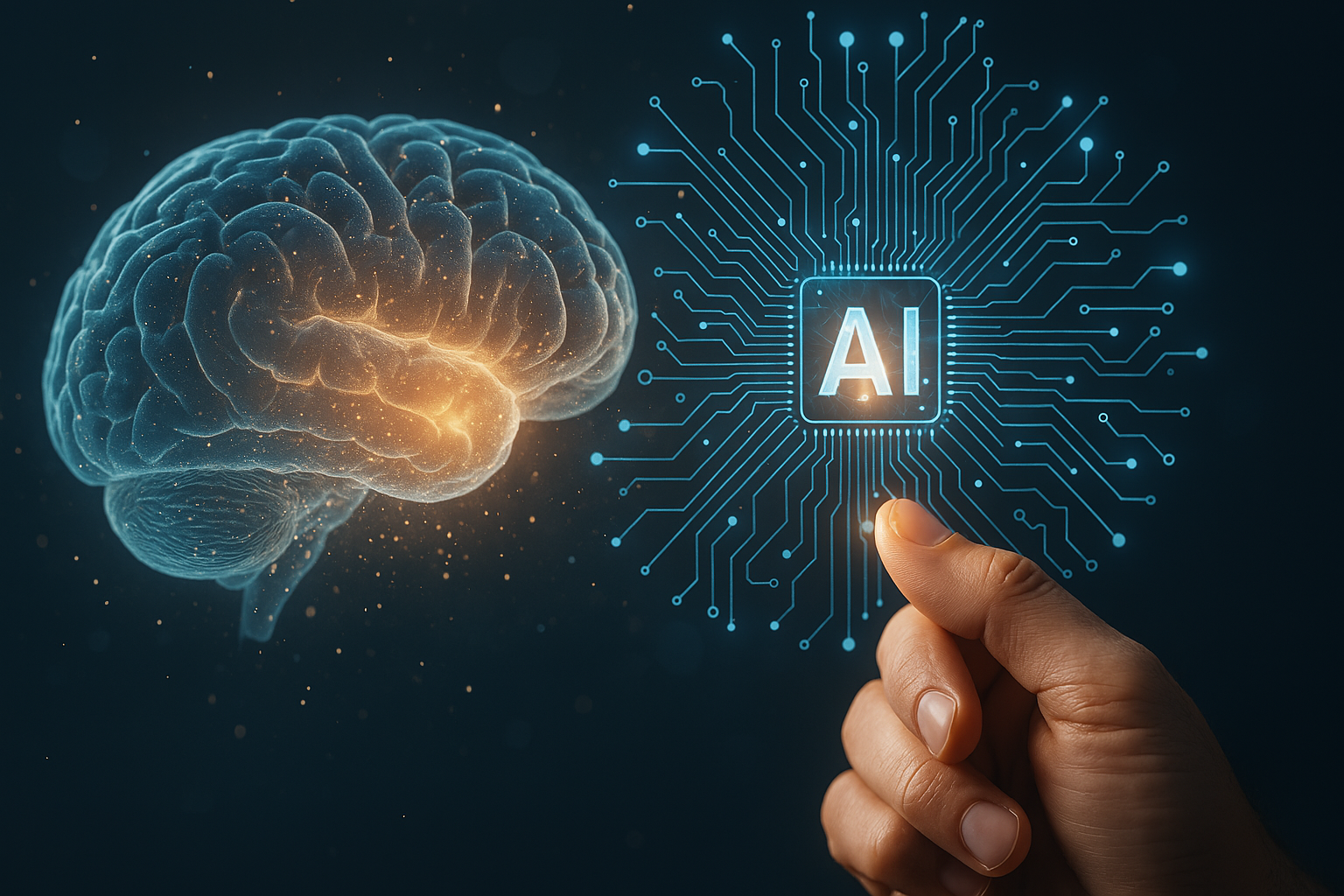
Generative AI
Generative AI refers to a category of artificial intelligence systems capable of creating new content – such as text, images, music, code, or video – that has not been seen before. Unlike traditional discriminative AI models that focus on classifying or predicting based on existing data (e.g. identifying if an image contains a cat), generative…
-
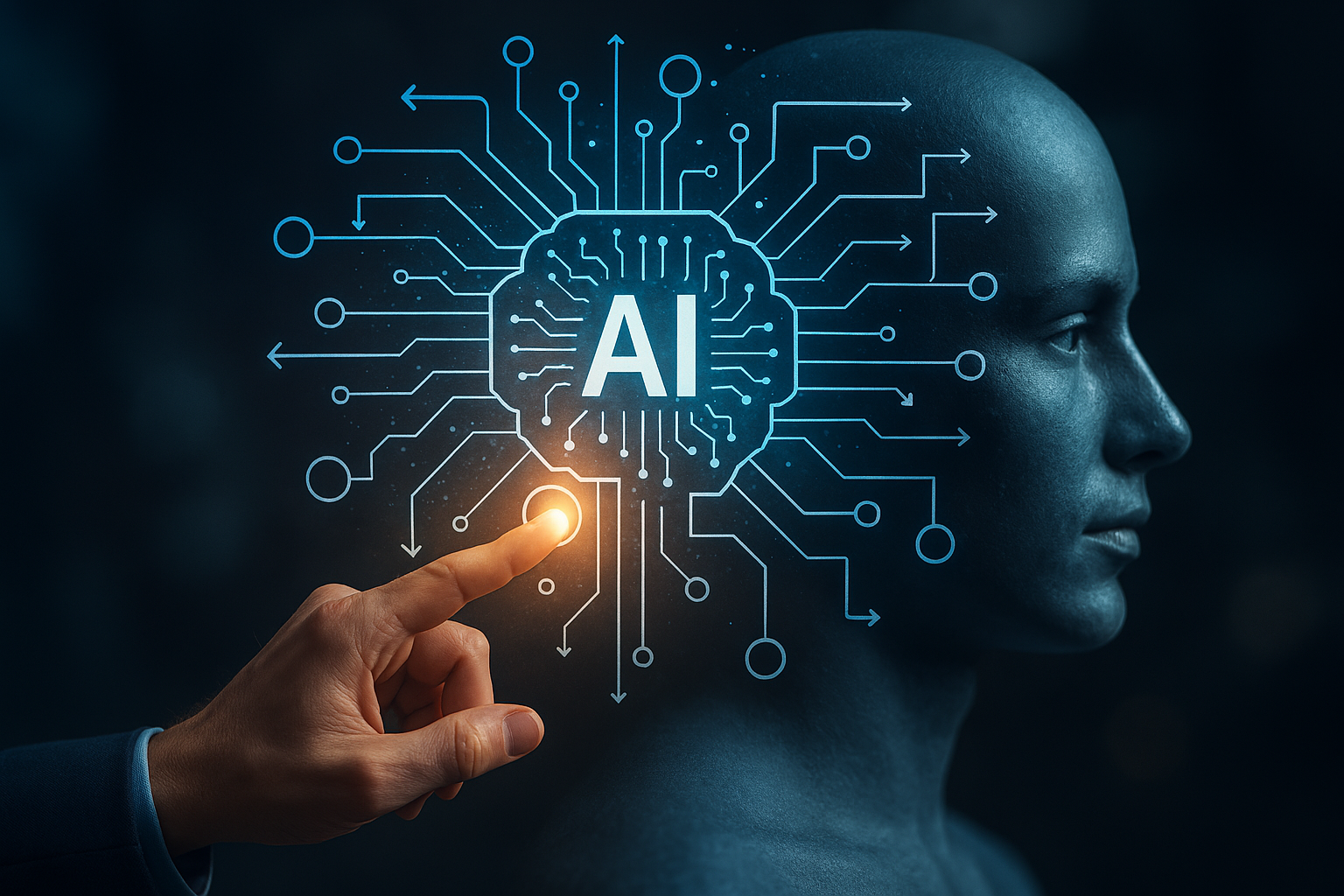
Inference (in AI)
Inference in artificial intelligence (AI) refers to the process by which an AI system draws conclusions or makes decisions based on available information, knowledge, or patterns, especially when facing data it has not seen before. In essence, it is the step where an AI applies what it has learned to new inputs, analogous to a…
-
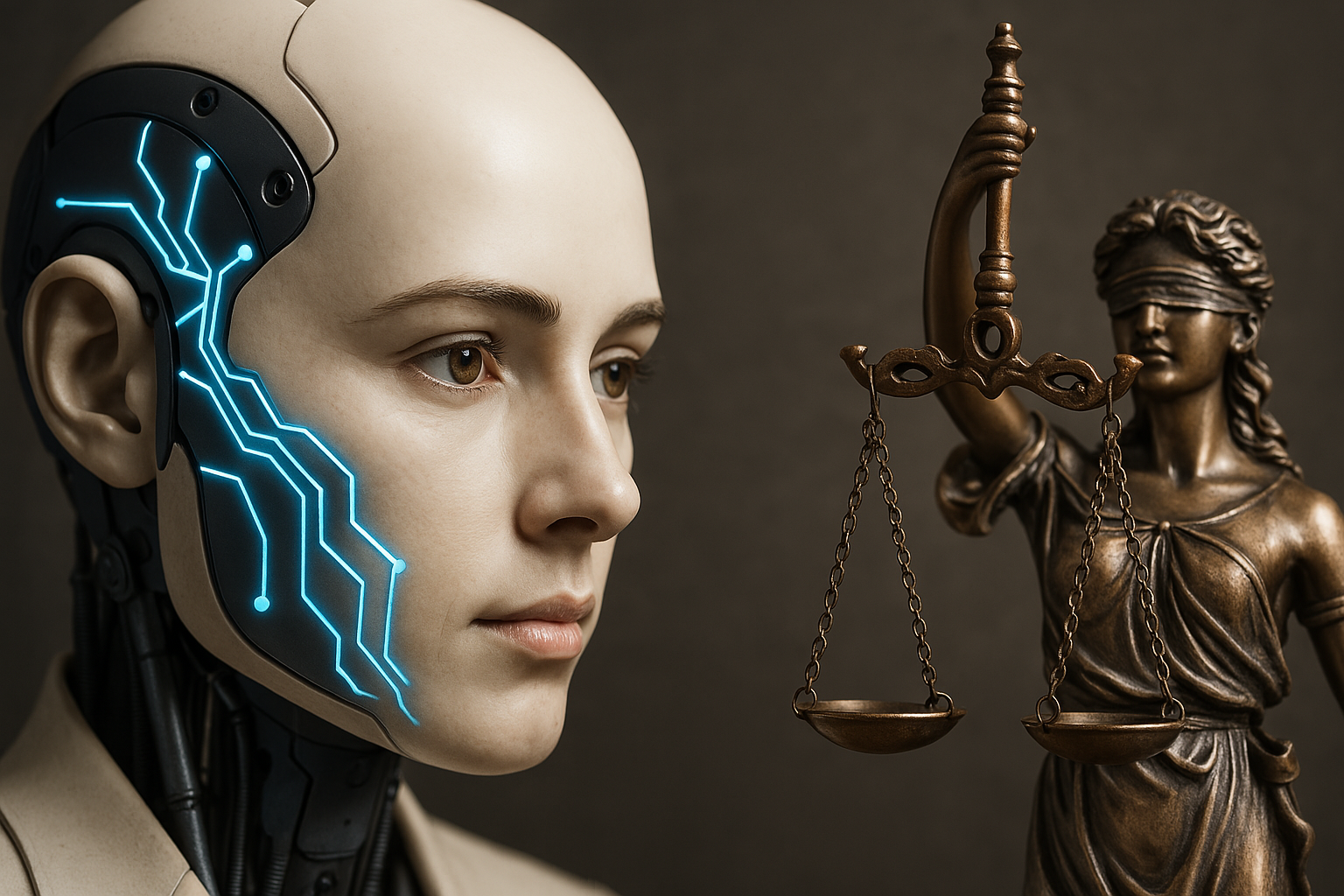
AI Ethics
AI Ethics refers to the field of study and set of practices concerned with the moral principles and societal implications governing the development and use of artificial intelligence (AI) technologies. In essence, AI ethics seeks to ensure that AI systems are designed and deployed in ways that are beneficial, fair, and accountable, while minimizing harm…

